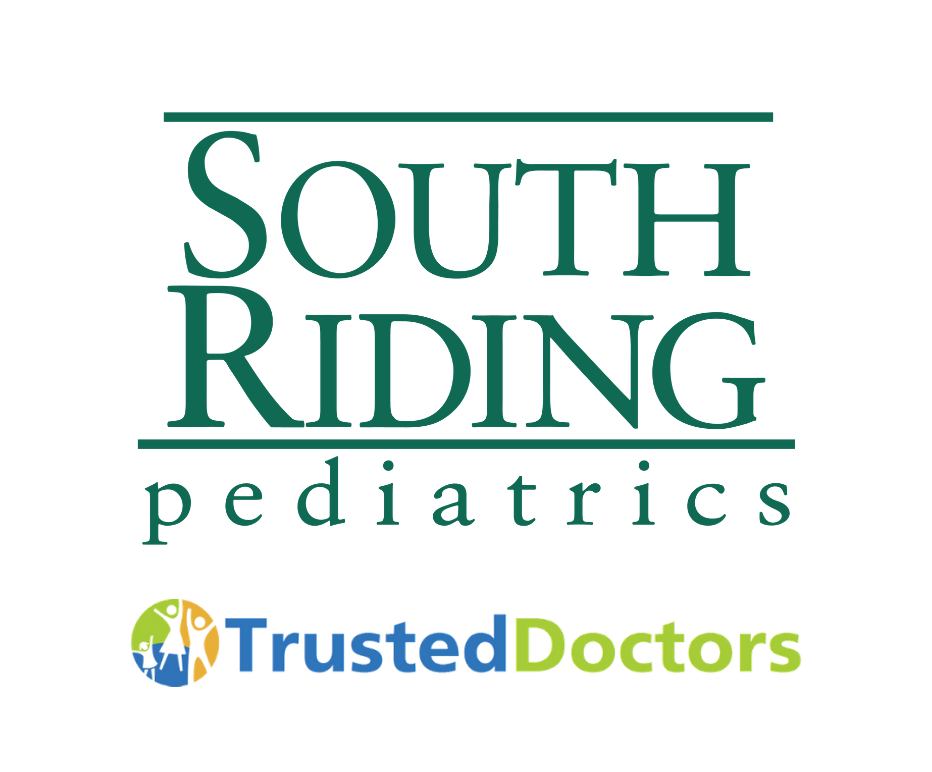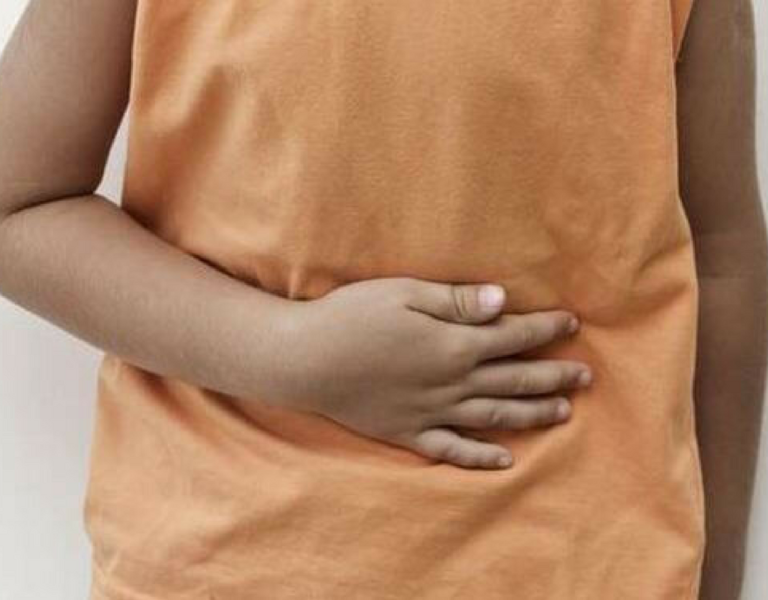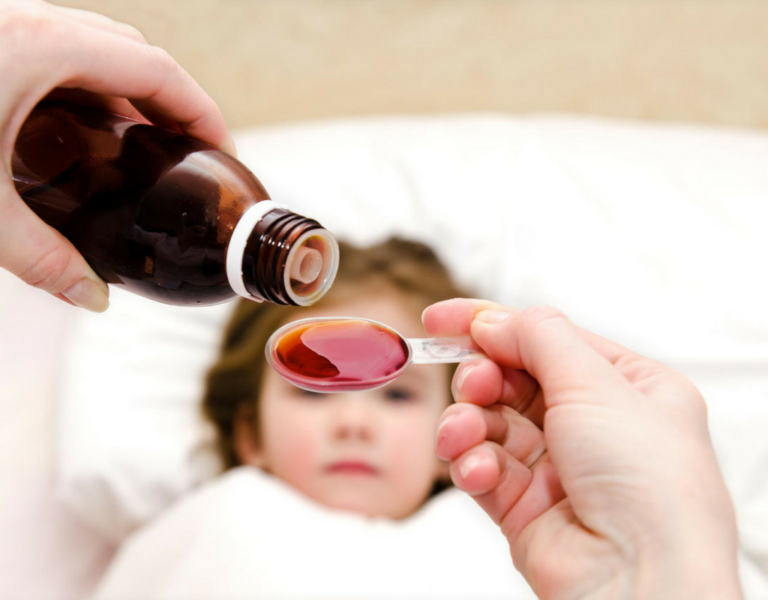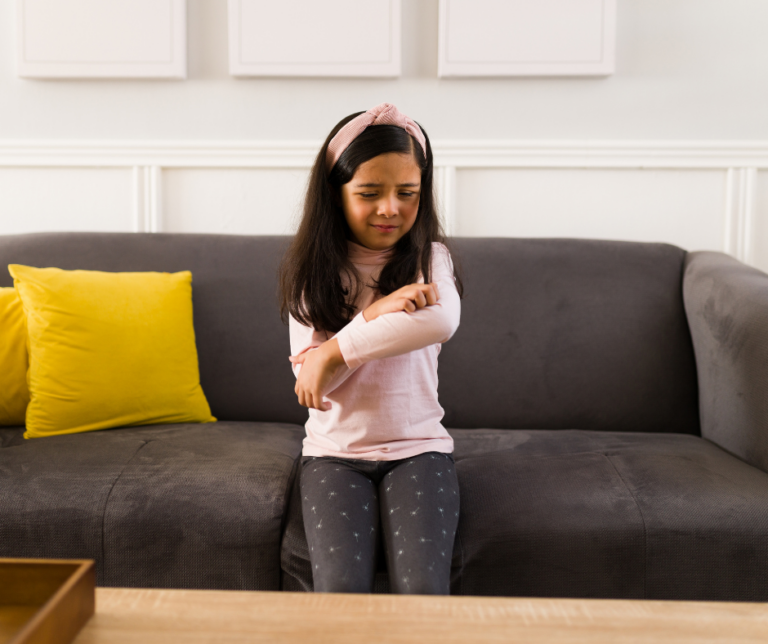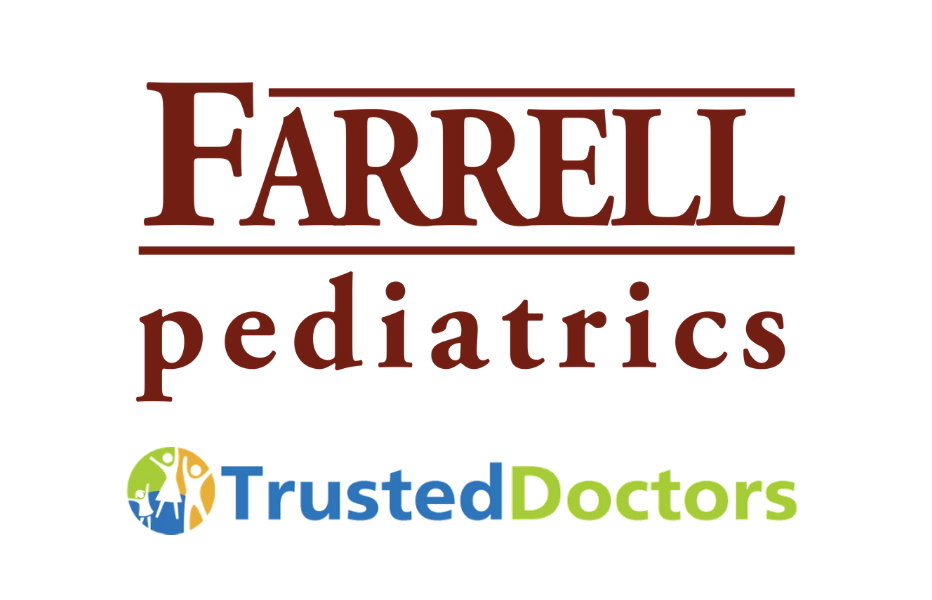September is recognized as National Suicide Prevention Month, a crucial time to raise awareness about mental health issues, particularly in children and adolescents. Children’s mental health plays a fundamental role in shaping their emotional, cognitive, and social development. A positive mental state fosters resilience, self-esteem, and healthy relationships, whereas untreated mental health issues can lead to significant challenges in various aspects of life. By addressing mental health at an early age, parents and caregivers can help children build coping mechanisms, emotional intelligence, and the ability to navigate life’s ups and downs more effectively.
Children’s mental health encompasses a wide range of conditions, and it is essential for parents and caregivers to be aware of the common issues that young individuals may face. While every child is unique, understanding the fundamentals of different mental health conditions can lead to providing appropriate support and early intervention.
Anxiety:
Anxiety is a prevalent mental health condition among children and teens and can manifest in various ways. Some common signs of anxiety in children include excessive worrying, restlessness, difficulty concentrating, irritability, physical complaints (such as headaches or stomach aches without any medical cause), and changes in sleep or eating patterns. Children with anxiety may avoid certain situations or show excessive fear or distress about specific events.
Depression:
Depression in children can be challenging to spot as it may manifest differently than in adults. Signs of depression in children can include persistent sadness, lack of interest in activities once enjoyed, changes in sleep or eating habits, low energy or fatigue, feelings of worthlessness or guilt, and difficulty concentrating or making decisions. Children with depression may withdraw from social interactions, exhibit changes in academic performance, and experience physical symptoms like headaches or stomach aches.
Eating Disorders:
Eating disorders encompass several complex mental health conditions that can have severe consequences for children and adolescents. They often develop as a result of a combination of genetic, biological, psychological, and sociocultural factors.
Obsessive-Compulsive Disorder (OCD):
OCD involves unwanted, intrusive thoughts (obsessions) and repetitive behaviors (compulsions) performed to alleviate anxiety. Children with OCD might feel compelled to perform rituals or routines to reduce distress.
Post-Traumatic Stress Disorder (PTSD):
PTSD can develop after a child experiences or witnesses a traumatic event. They may exhibit symptoms like flashbacks, nightmares, and avoidance of triggers related to the traumatic experience.
Guidance on Seeking Professional Help:
If parents or caregivers observe any concerning signs or behaviors in their children that persist over an extended period, it is essential to take immediate action and seek professional help. Mental health professionals, including psychologists, psychiatrists, and licensed therapists, are specifically trained to assess and address a wide range of mental health issues affecting children and adolescents. A child’s primary care pediatrician can help point families in the best direction to get the appropriate care for their specific mental health care needs.
At home, families can support struggling children by fostering open communication, educating themselves about their challenges, setting realistic expectations, offering a safe and nurturing environment, and showing unconditional love and patience.
National Suicide Prevention Month serves as an important reminder of the significance of mental health, especially in children. By recognizing the signs of common mental health conditions like anxiety and depression and seeking professional help when needed, parents and caregivers can provide the support and care necessary to ensure their children’s emotional well-being.
Resources:
For more information about bullying and the impact it has on your child’s mental health, please read our blog post.
If your child or a child you know is struggling with suicidal thoughts or is exhibiting signs of self-harm, it’s crucial to seek professional help immediately. We strongly recommend using the CR2 Children’s Regional Crisis Response Hotline at (571) 364-7390 for immediate support and guidance. This resource is designed to provide urgent assistance and expert advice for families dealing with serious mental health issues. Remember, you are not alone, and help is available.
National Suicide Prevention Lifeline – 1-800-273-TALK (1-800-273-8255)
Provides confidential assistance for individuals in crisis, available 24/7.
Crisis Text Line – Text HOME to 741741
A texting service for emotional crisis support, available 24/7.
Trevor Lifeline – 1-866-488-7386
A crisis intervention and suicide prevention service for LGBTQ youth.
NAMI Helpline – 1-800-950-NAMI (1-800-950-6264)
Provides mental health support and information, available on weekdays.
Childhelp National Child Abuse Hotline – 1-800-4-A-CHILD (1-800-422-4453)
For reporting child abuse and getting crisis intervention, information, and referrals.
SAMHSA’s National Helpline – 1-800-662-HELP (1-800-662-4357)
Substance Abuse and Mental Health Services Administration’s helpline for individuals and family members facing addiction and mental health disorders, available 24/7.
Your Local Emergency Room
For immediate life-threatening situations, always call emergency services or go to the nearest emergency room.
